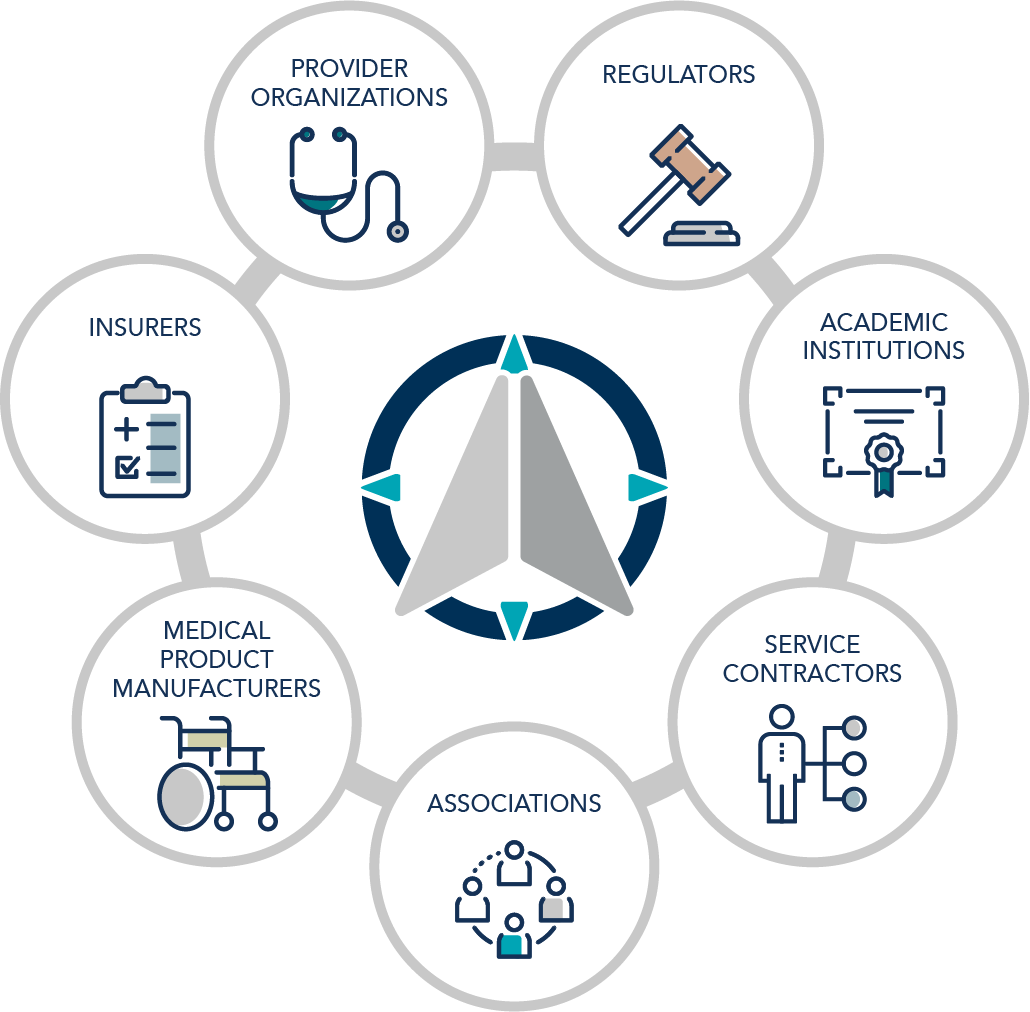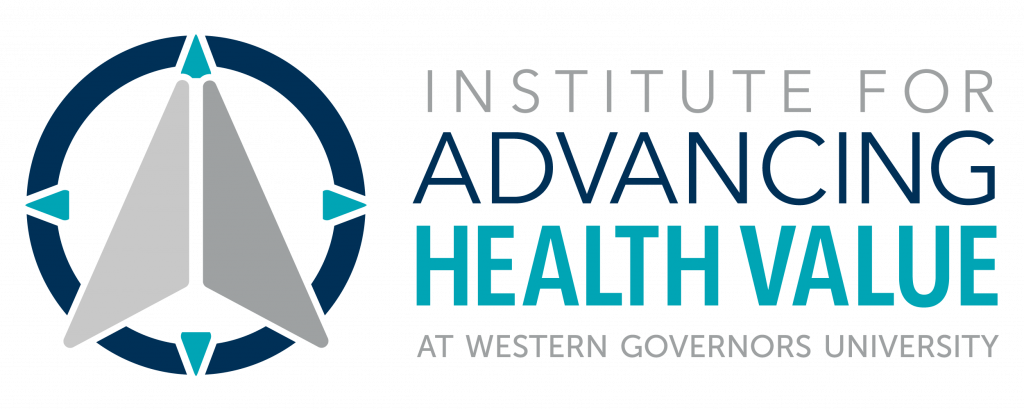Our Mission
The Institute for Advancing Health Value brings together the nation’s leading accountable care organizations, top performers, and industry leaders who know what it takes to succeed in the value-based care environment.
Through industry collaboration, we have identified and continue to refine the organizational care delivery capabilities needed for provider organizations to succeed in risk-bearing payment models. The shared knowledge is synthesized in the Health Value Atlas — the next iteration of the Accountable Care Atlas.
Our Activities
The Institute is a non-profit, peer-learning, member organization focused on accelerating the transition to value-based care. We have identified the organizational care-delivery competencies needed for providers to succeed in risk-bearing payment models. As the value-based care movement progresses, organizations are transitioning from “what to do” to “how to do it.”
The Institute brings together a broad range of value-minded health care leaders who can benchmark and learn from one another’s successes, developing best practices that achieve the genuine vision of value-based care, benefitting patients, providers, and payers.
In collaborative forums, members contribute their understanding and experience in the real world of value-based care implementation. Members participate in developing a framework of competencies and build competency-specific resources and tools for their peers. Membership in the Institute enhances market intelligence, provides peer-learning and networking, and offers a platform to make a difference to the industry.
Educating and reskilling the workforce is central to the success of the value movement. The Institute is committed to advancing the knowledge and competency of the health industry; and our educational products, research, and peer learning collaborative accelerates industry readiness. We believe in the moral imperative for value-based care, and through our social impact, we are a force multiplier for population health and health equity.
Our Leadership
As leaders in advancing the health care value economy, the Institute for Advancing Health Value maintains a team of experts at your disposal for keynote addresses, panels, board retreats, conferences, webinars, strategic discussions, and more. For more information, please contact ashley.schwartz@wgu.edu
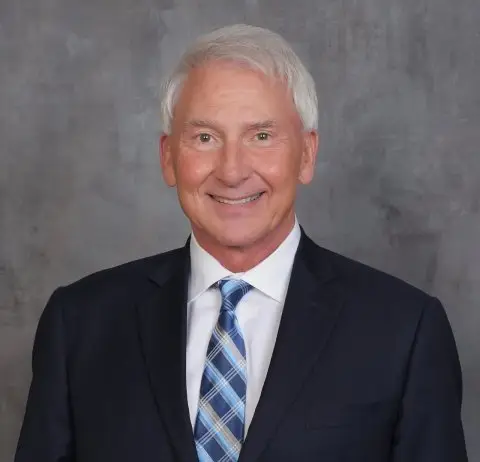
Keith Smith
Senior Vice President, Michael O. Leavitt School of Health

Ashley Schwartz, MHL
Director, Outreach and Resource
Leavitt School of Health (LSH), Health Council

Wheeler Coleman
CEO and Executive Partner, Executive Consultants United, LLC
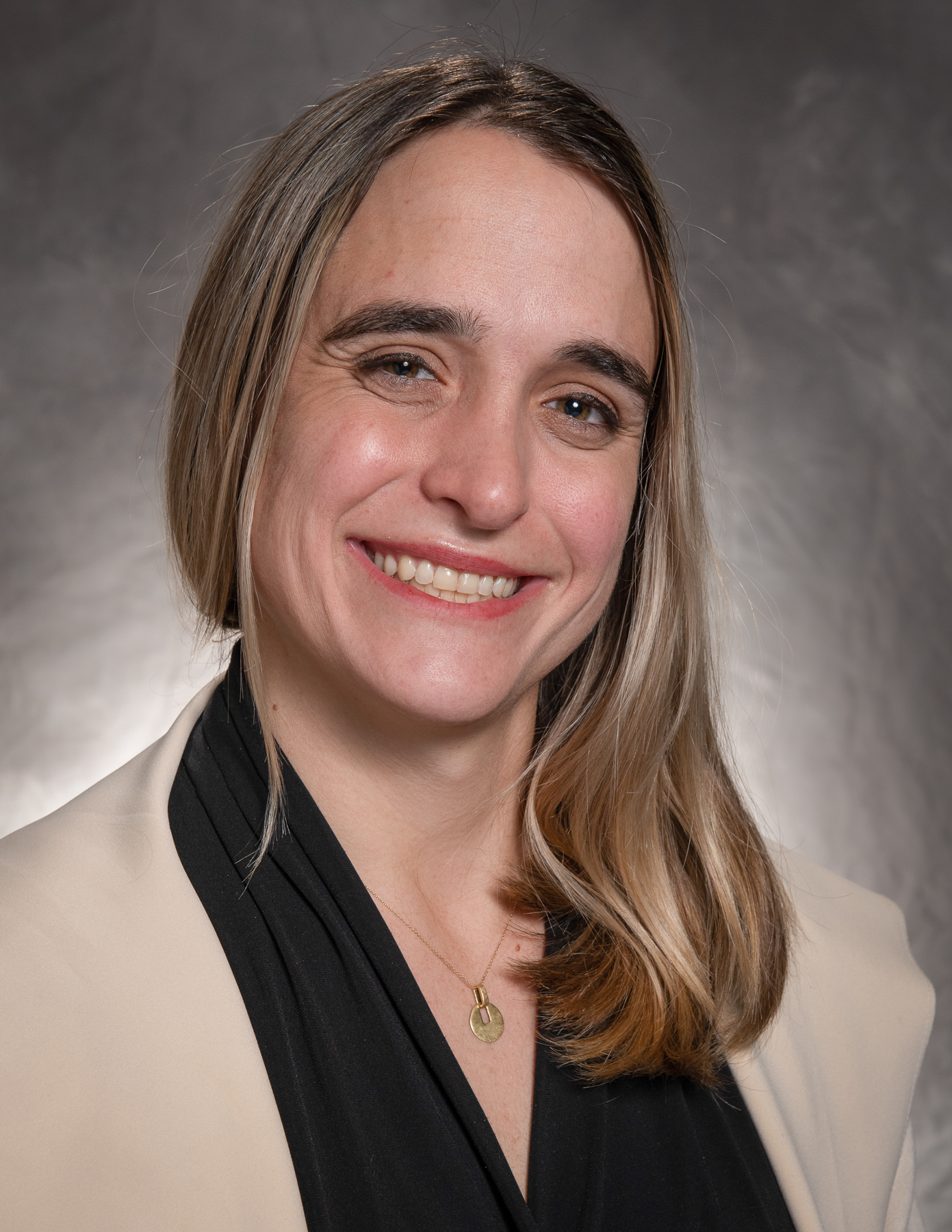
Dallas Ducar, MSN, RN, PMHNP-BC, CNL
Chief Executive Officer of Transhealth
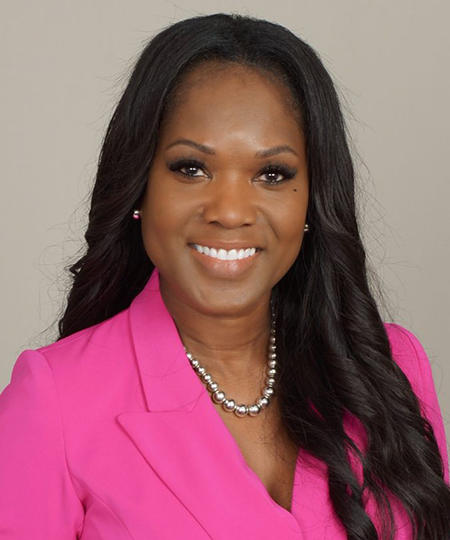
Dr. Michelle L. Edwards, DNP, FACHE, FAANP
Chief Experience Officer, Providence

Dr. Brent James
Medical Quality Guru, Quality Science
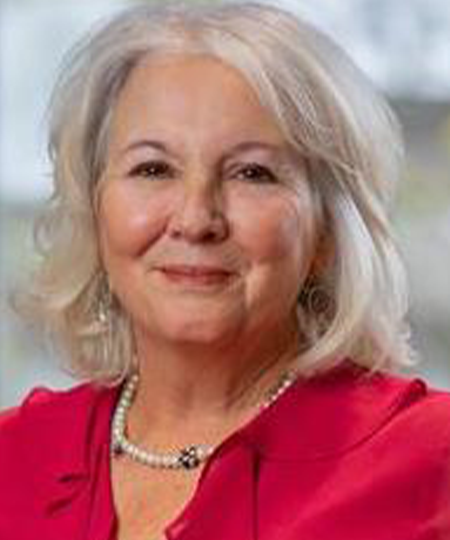
Jan Jones-Schenk, DHSc, RN, FAADN, FAAN
Executive Dean Emeritus, WGU

Governor Mike Leavitt
Founder of Leavitt Partners, Former HHS Secretary and Governor of Utah

Marcus Osborne
Former Senior Vice President, Walmart Health
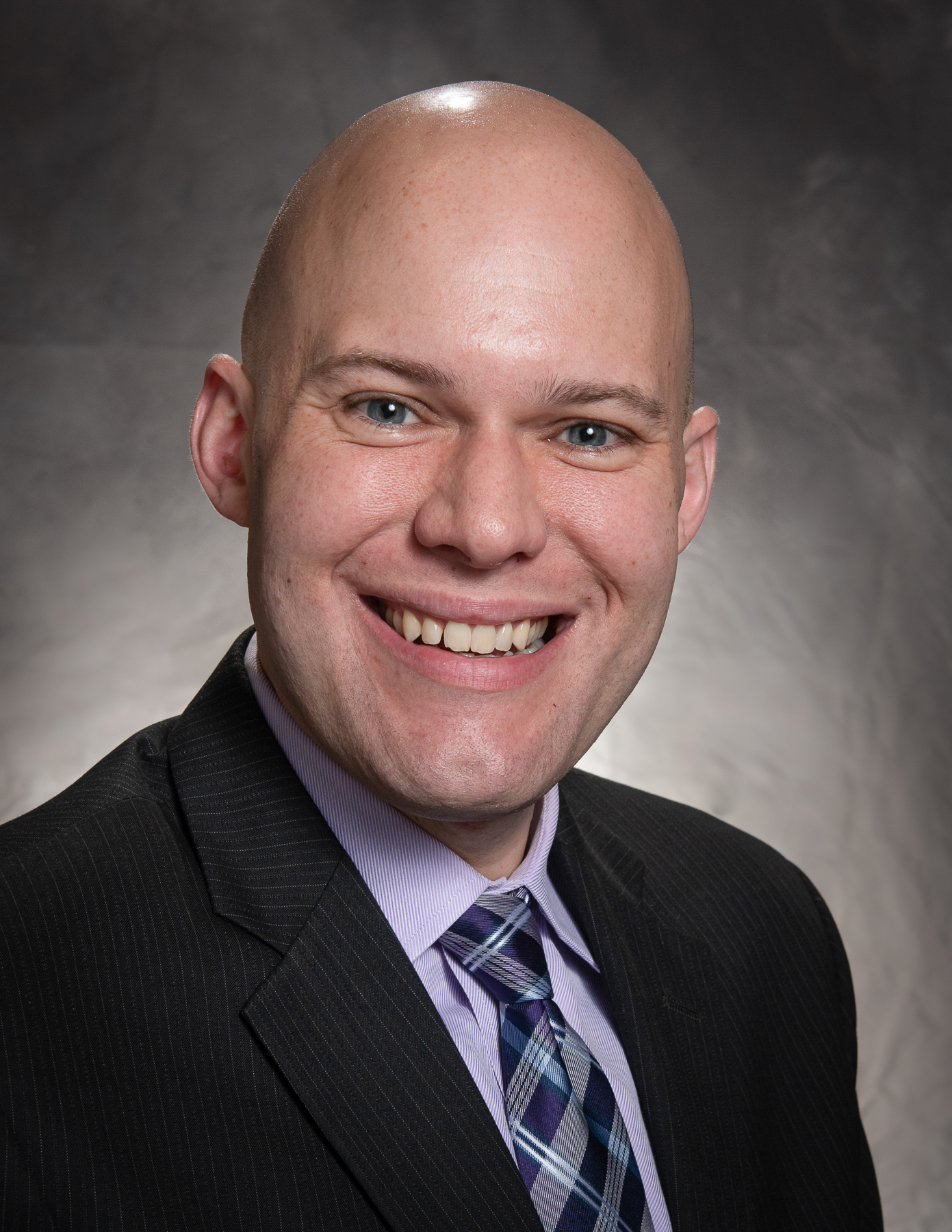
Geoffrey M. Roche, MPA
Senior Vice President, National Health Care Practice and Workforce Partnerships

Richard W. Walker, Jr. MD, MBA, IMFCP
CEO/Founder, Walker Health Care Holdings, Incl TVP-Care LLC, and Canopy Health
Our Belief Statements
- Health outcomes in the United States are poor and must be improved. We have a moral obligation to provide the best care possible.
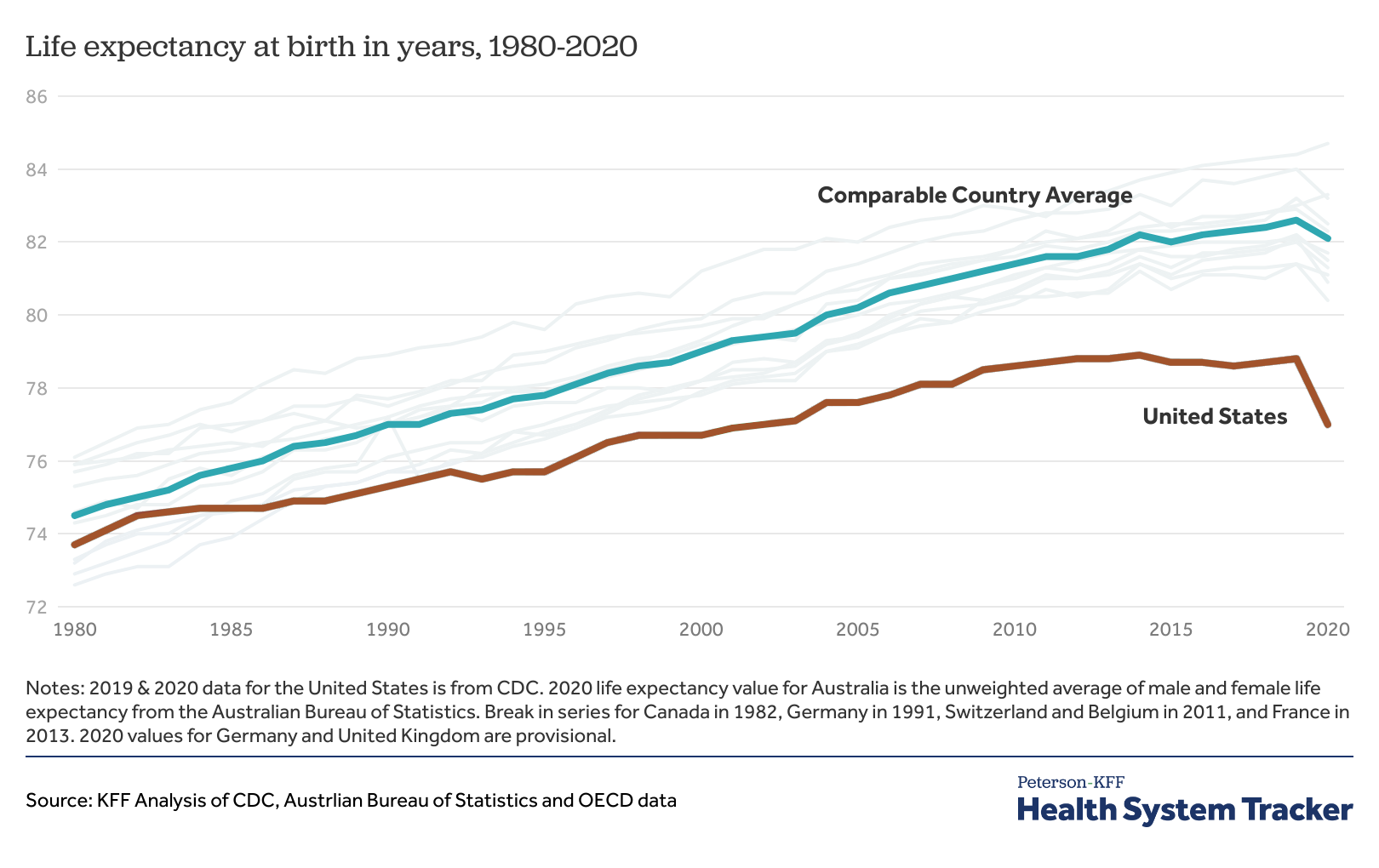
- The cost of care in the US is too great and is growing too quickly. The costs are unbearable for individuals, and at a national level, spending in health care decreases investment in education, infrastructure, defense, etc.
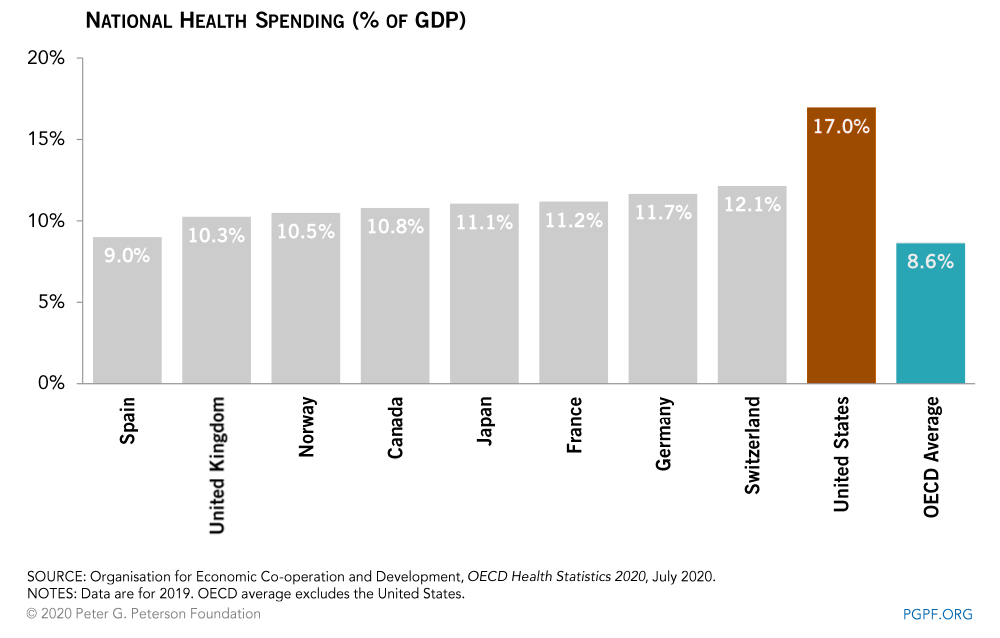
- Organizations require new capabilities to manage the transformational shift from traditional FFS payment models toward value- and outcome-based models.

- The health care workforce must be reskilled/upskilled with health value competencies.

- Complex problems require collaboration to achieve meaningful solutions. For how pervasive and difficult the health care industry transformation is, we must convene the industry. Collaboration will enable the creation of a uniquely American – and industry-driven – solution.
